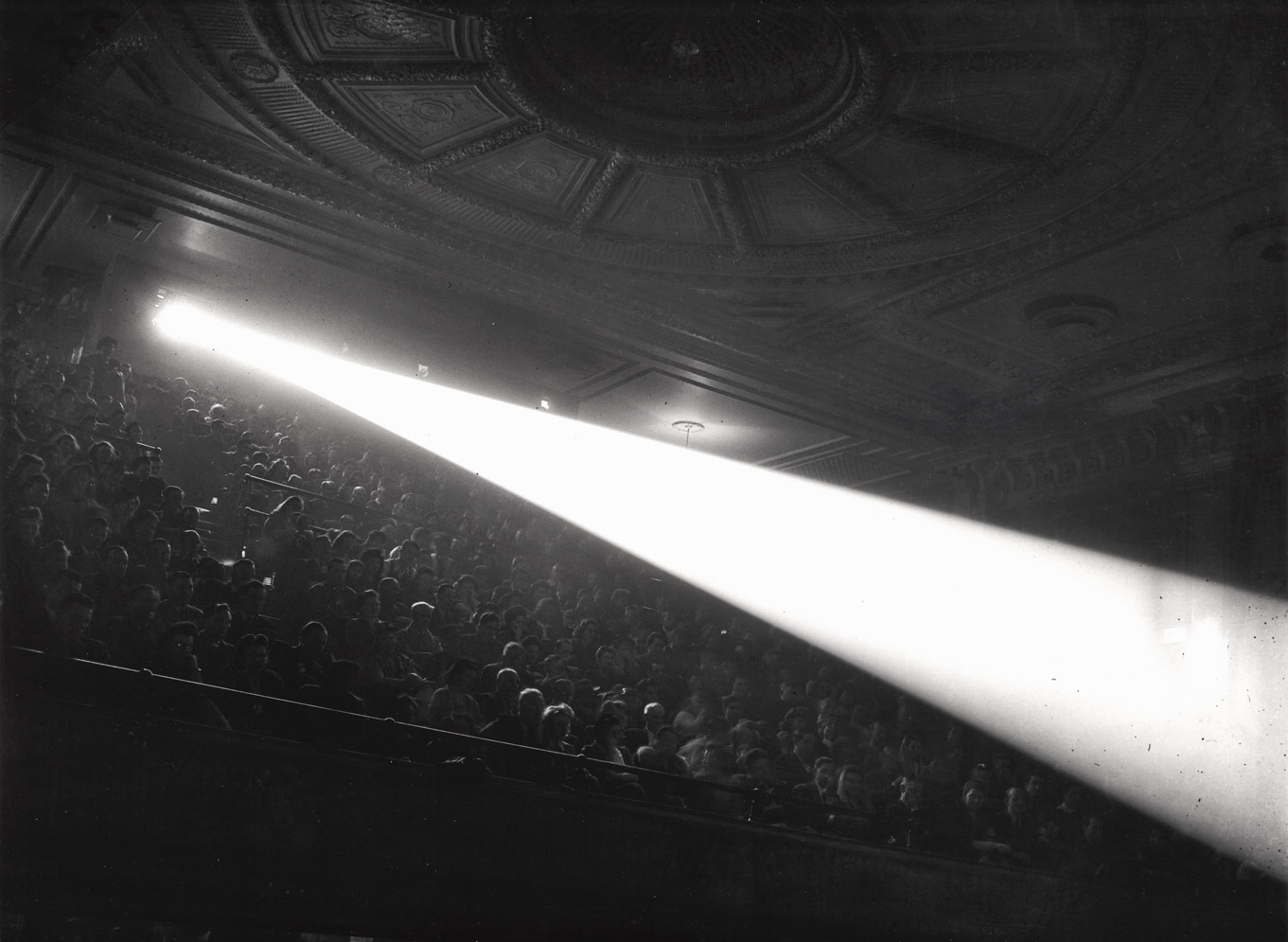
October marked the launch of Pacific Standard Time: Art in L.A., 1945-1980, a region-wide collaboration celebrating the birth of the Los Angeles art scene. Lyra Kilston reports on the photography made in this prolific era, the final in a three-part LightBox series about PST.
“Hollywood is Newark, New Jersey, with Palm Trees,” quipped Arthur Fellig, the prolific and fearless photographer of America’s underbelly who was known as Weegee—like the ouija board—for his uncanny ability to be in the right place at the right time. After selling the film rights to Naked City, his best-selling book of gritty crime scenes and nocturnal New York street photography, he moved to Los Angeles in 1947, staying for four years. Weegee shot thousands of images during his stint on the West Coast, some of which were featured in the lesser-known book Naked Hollywood. He was drawn to the absurd extremes of the city, as well as its banalities, photographing movie premiers, awards ceremonies, costume shops, strip clubs and Skid Row, with a keen and mischievous eye. He also began experimenting with his images to create distorted and surreal results. These irreverent, often bizarre photographs, many of which have never been shown, are brought together in the comprehensive and delightful exhibit “Naked Hollywood: Weegee in Los Angeles” at the Museum of Contemporary Art in Los Angeles.
In Hollywood, Weegee came face to face with the enormous power of the image to construct fame and fantasy—and found ways to lampoon it. He quickly joined the ranks of photographers at film premieres, but his camera often wandered, drawn to the messier margins of the scene. He shot from behind a celebrity in order to reveal the mob of omnipresent photographers or focused on the crowds of frenzied fans as they stood on fire hydrants and benches craning their necks to see a movie star, screamed with excitement, or gazed lovingly at movie posters. In one series, a young woman is captured shifting from euphoria to hysterical despair when she fails to get an autograph.
Weegee also took pictures of the movie stars themselves, but used what he called an “elastic lens” by incorporating tricks like mirrors, filters, kaleidoscopes and bendable lenses. As he explained, “I had to have a lens out of this world to do justice to the strange sights and people which are Hollywood.” Marilyn Monroe’s face was distorted to look like a pig while Marlene Dietrich’s famous legs were collaged above her waist, erasing her torso entirely. One image consists only of dozens of Judy Garland’s eyes. Weegee used photomontage to brand movie stars with Cadillac logos or confine portraits to a flashbulb, perfume bottle or liquor bottle silhouette. After a decade of taking truthful, often harrowing images for newspapers in New York, Weegee eagerly delved into a more playful, satirical side of photography.
Weegee also dabbled in the movies himself, as a bit player and technical consultant, and one room of the exhibit is devoted to his promotional work for film, including shots on the set of Dr. Strangelove and a video of the dizzying kaleidoscopic sequence he made for the documentary film Windjammer.
Years after he left Los Angeles, Weegee met Andy Warhol in New York. A surprising photograph of the two of them together, as well as Weegee’s kaleidoscopic portrait of Warhol’s face, reveal an uncanny intergenerational link between two men who saw, and manipulated, the potency of celebrity images. Weegee aimed for laughs and raised eyebrows, but even when completely warped, his photographs reveal the barest truths of Hollywood.
Naked Hollywood: Weegee in Los Angeles is on view through Feb. 27, 2012 at the Museum of Contemporary Art in Los Angeles.
Lyra Kilston is a writer and editor based in Los Angeles. Her work has appeared in numerous publications, including Artforum, Art in America and Photo District News.
MORE: Read the first and second part of the PST series.
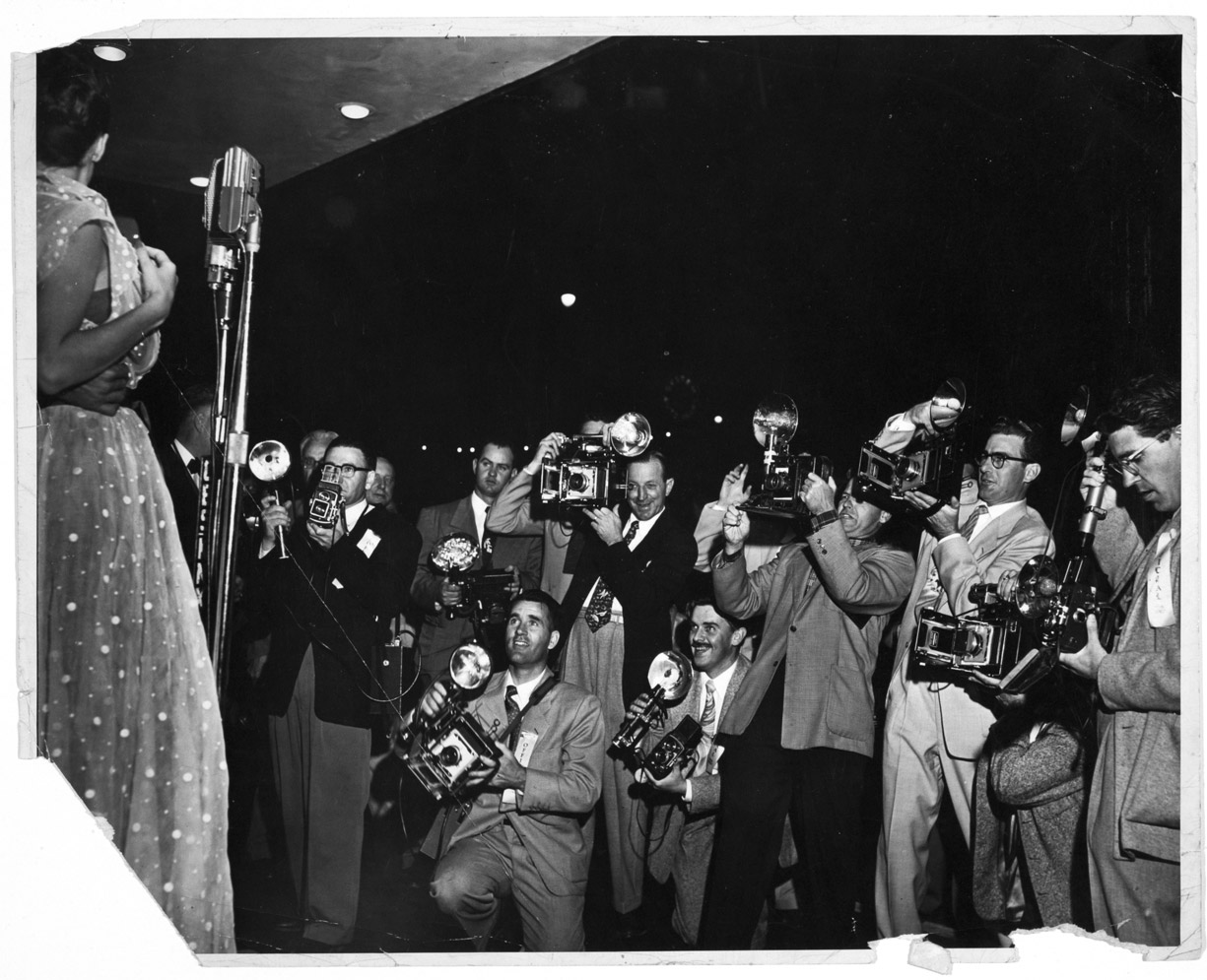
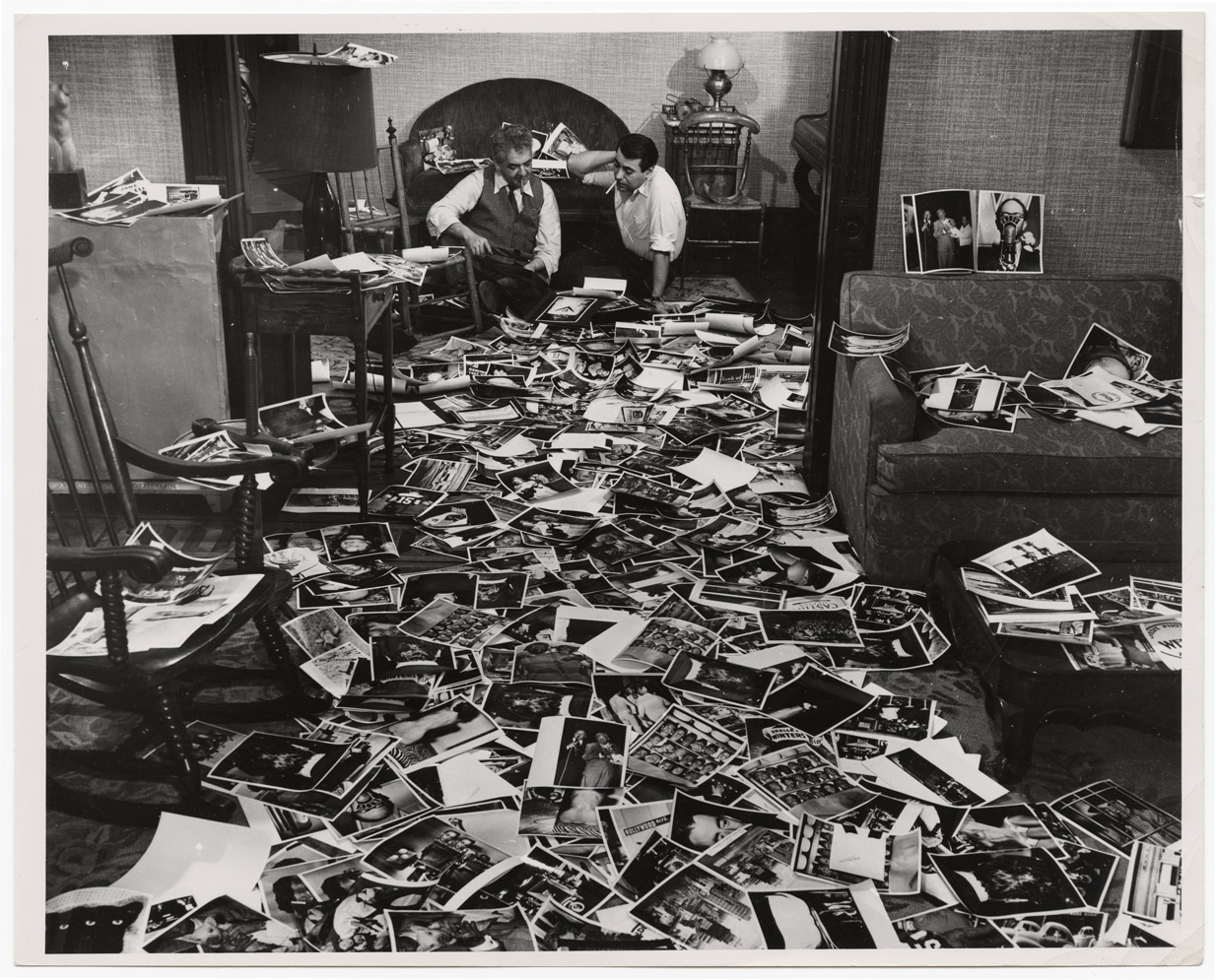
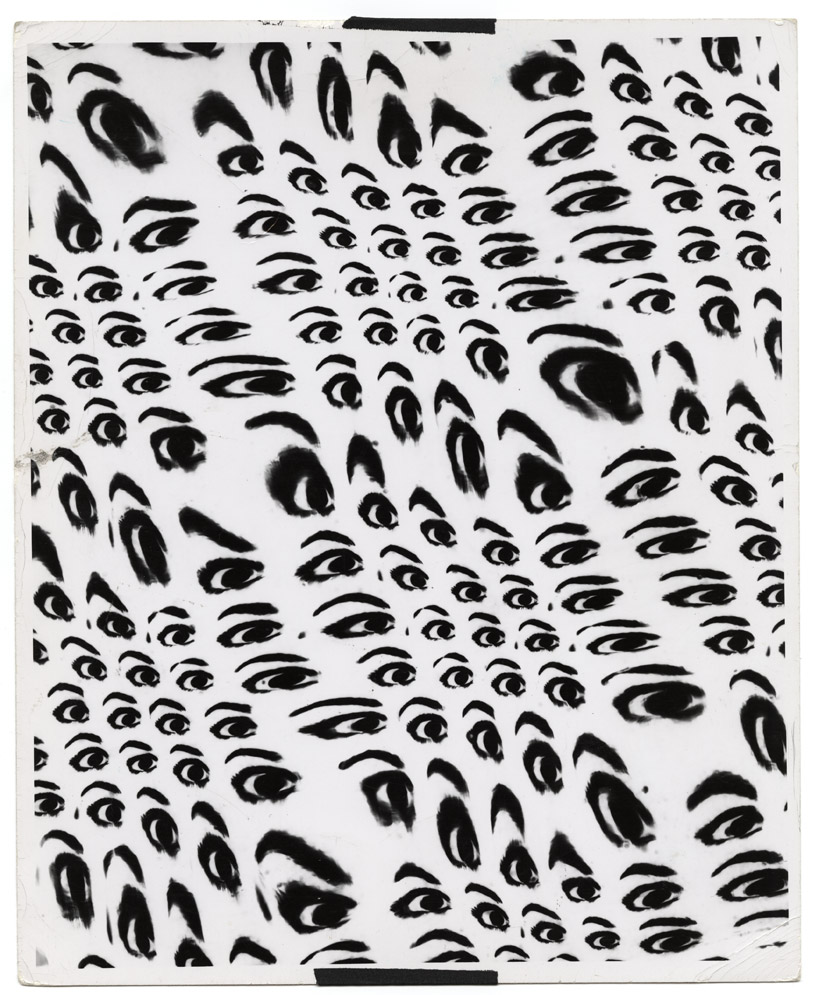
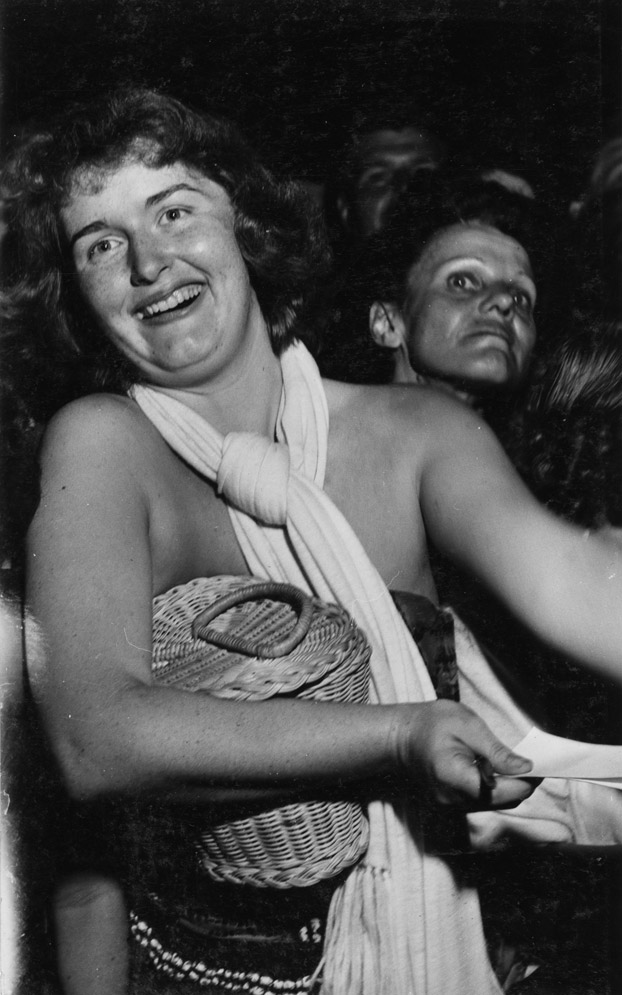
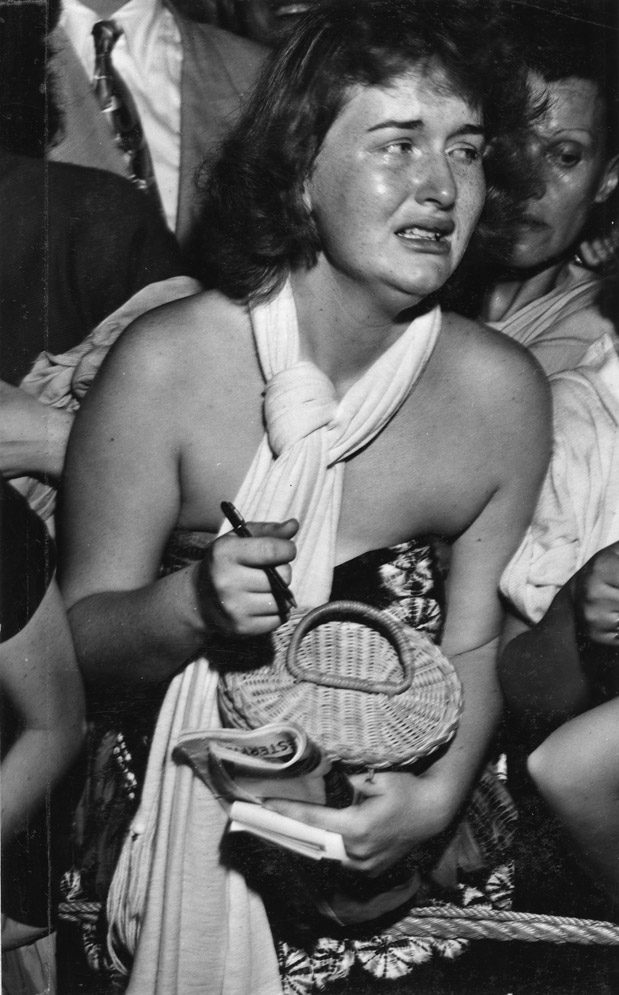
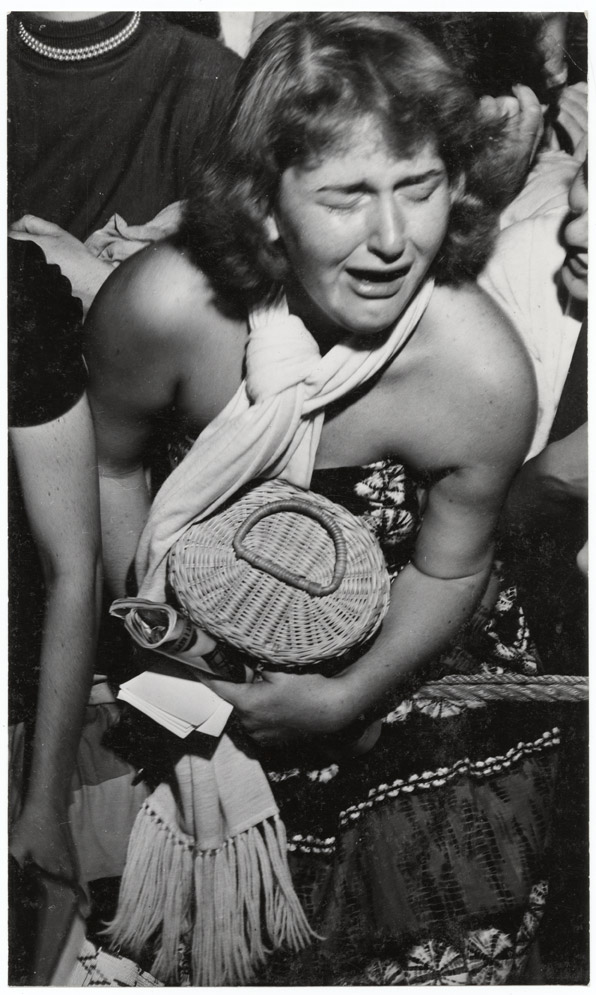
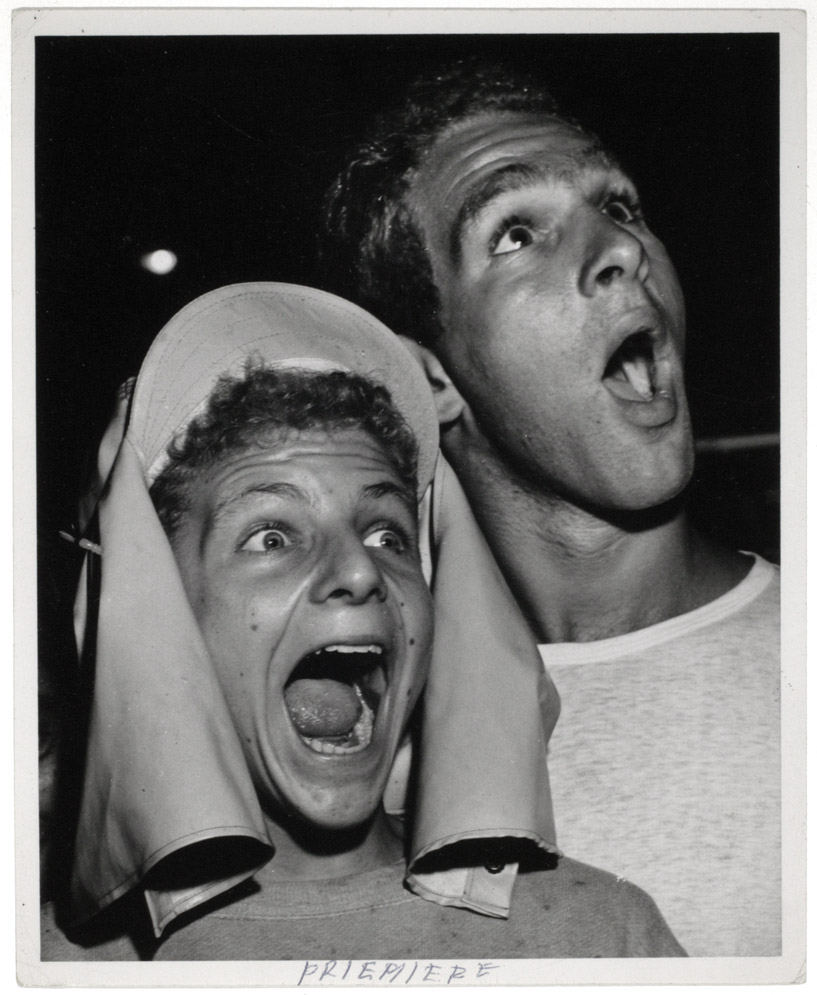
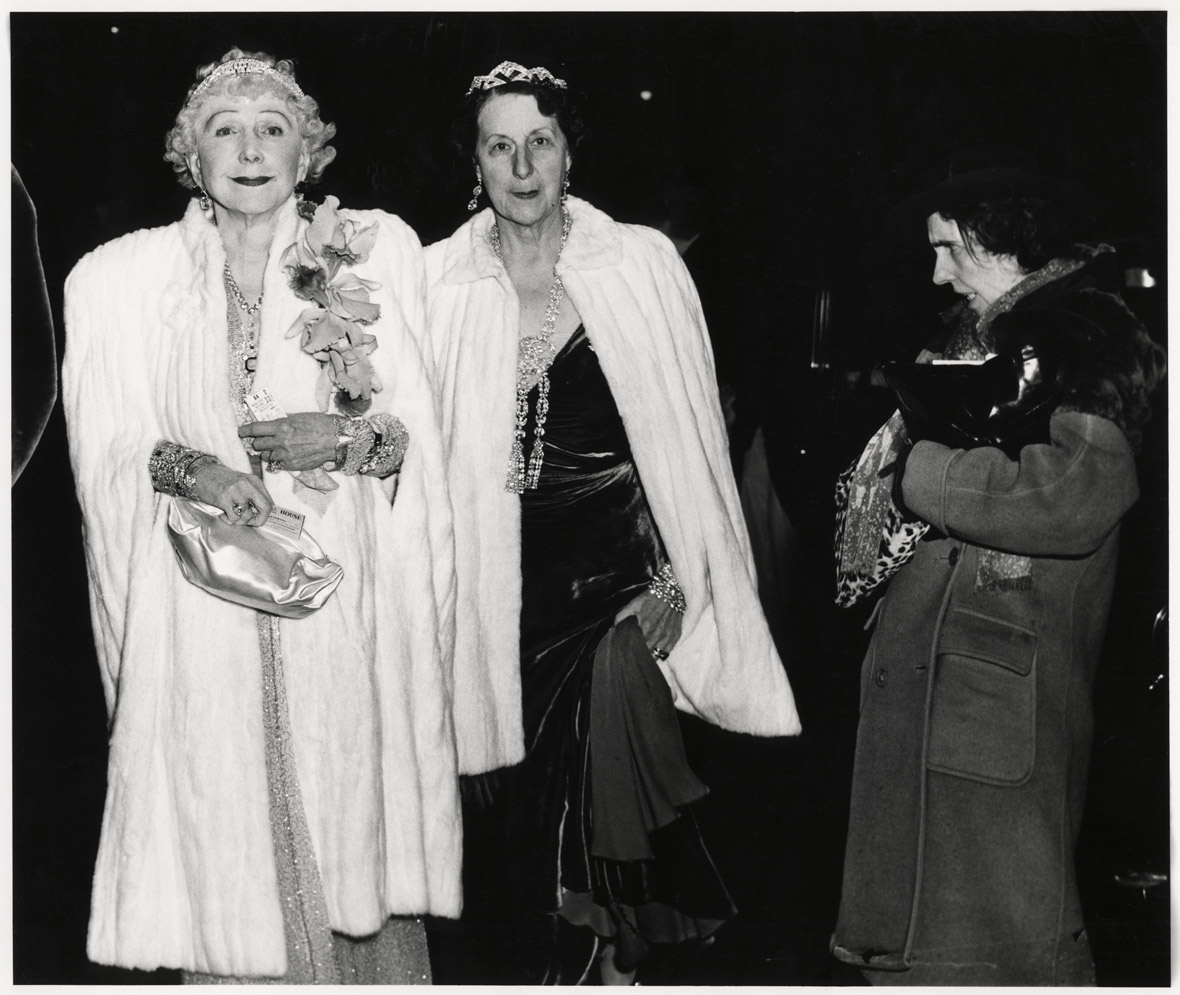
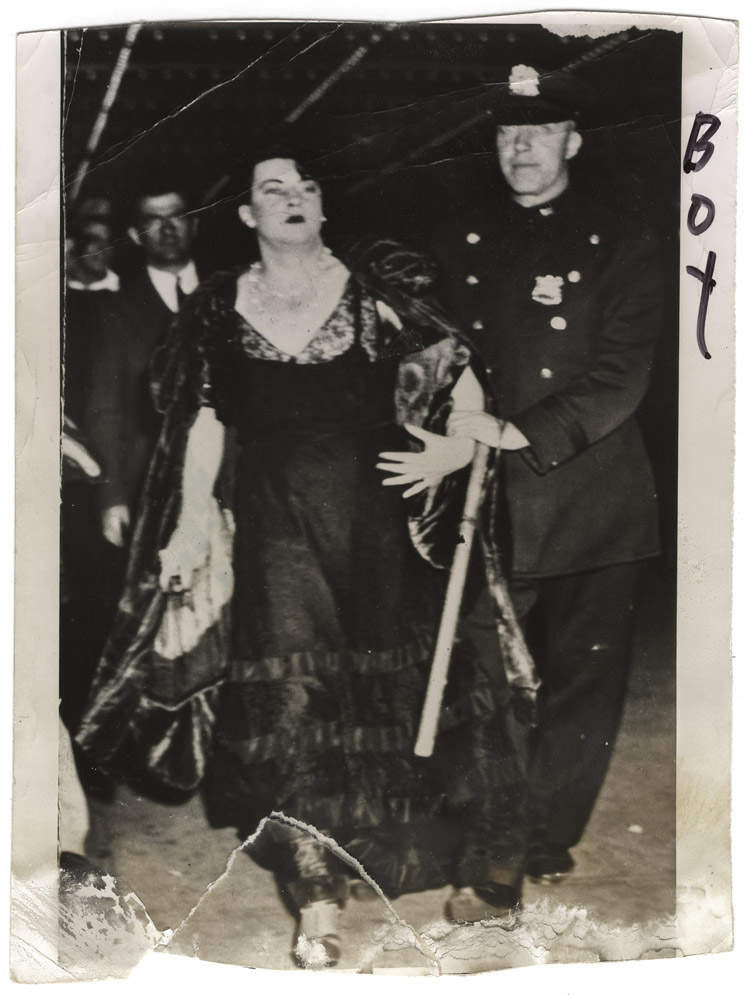

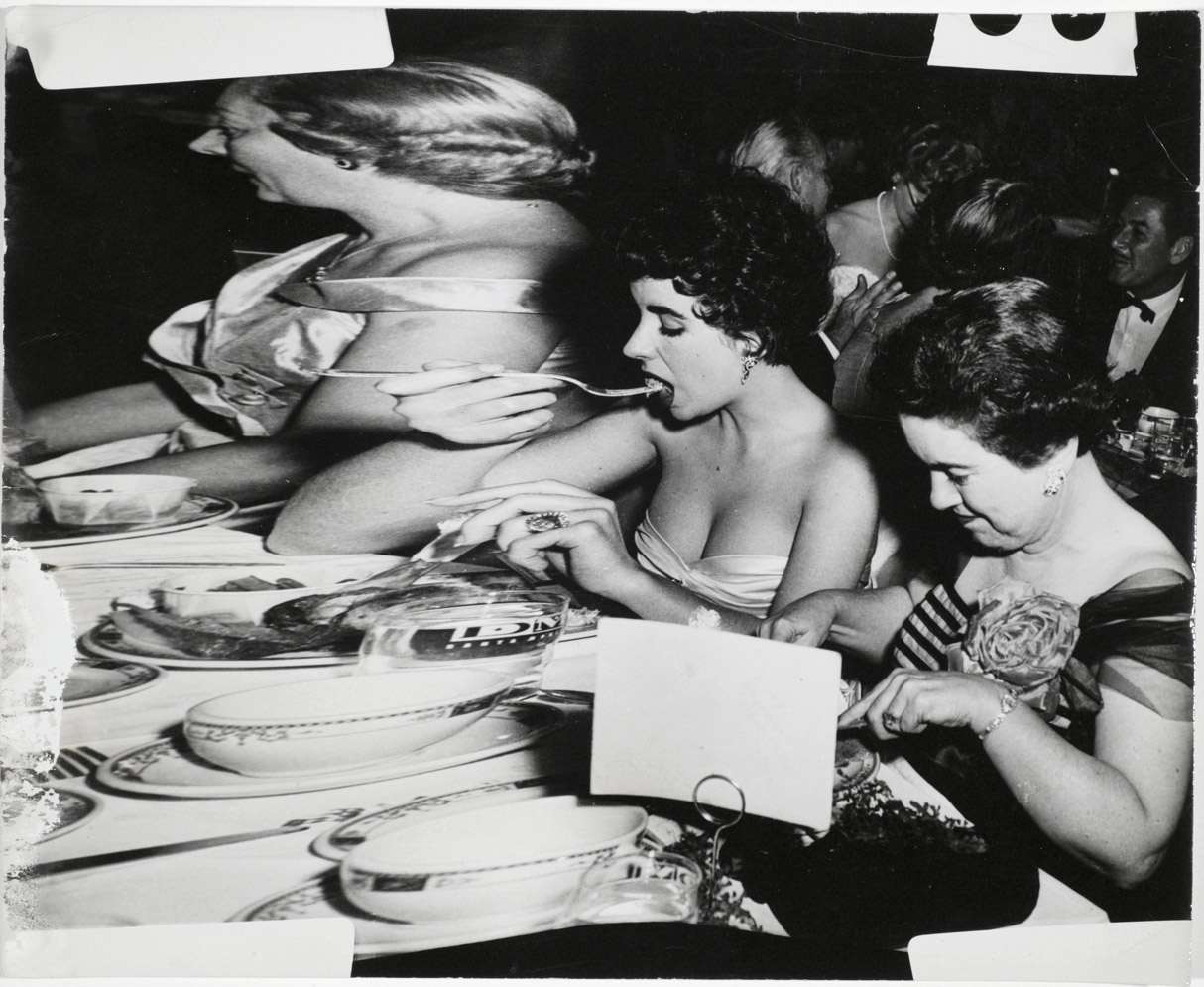
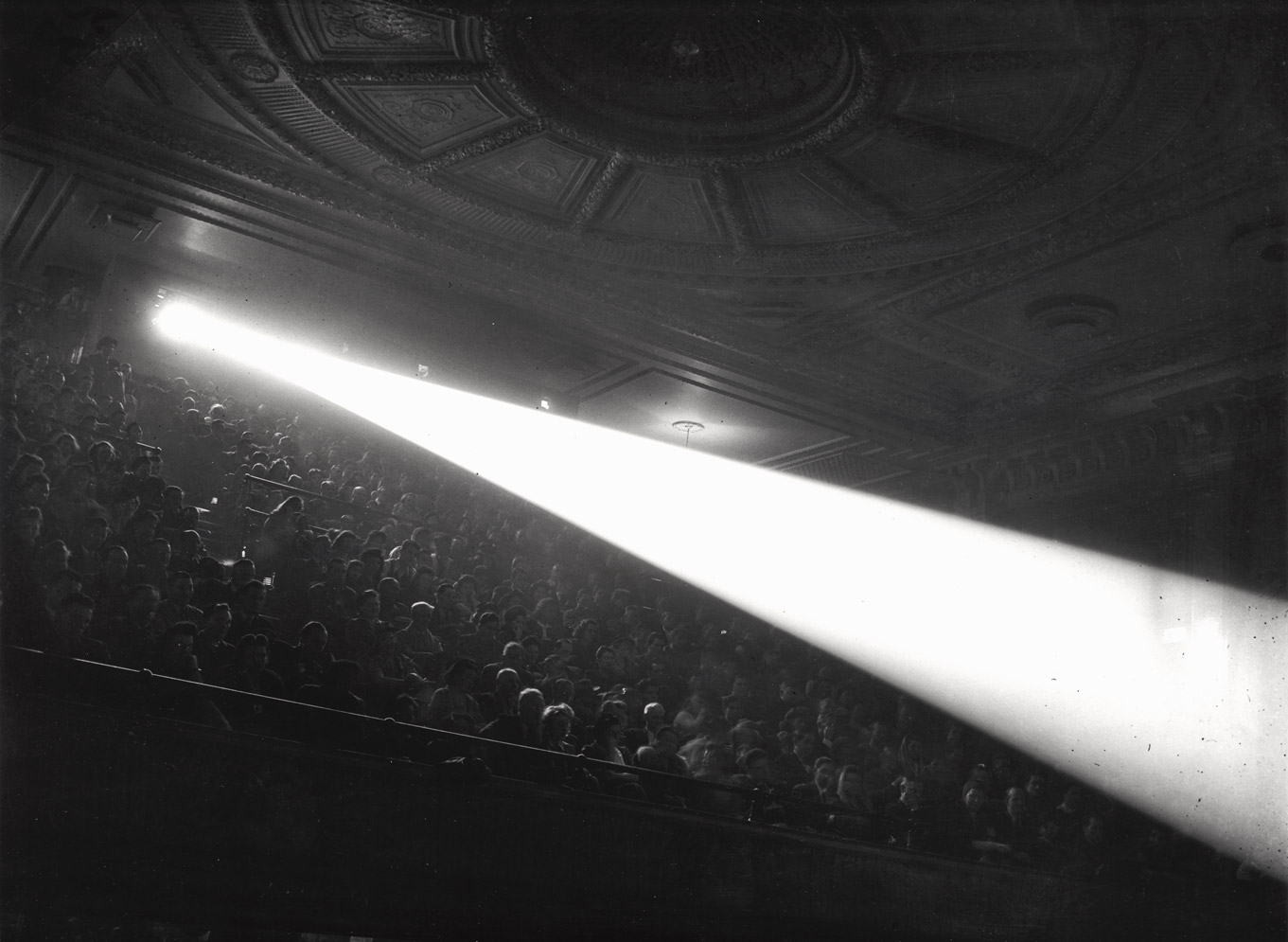
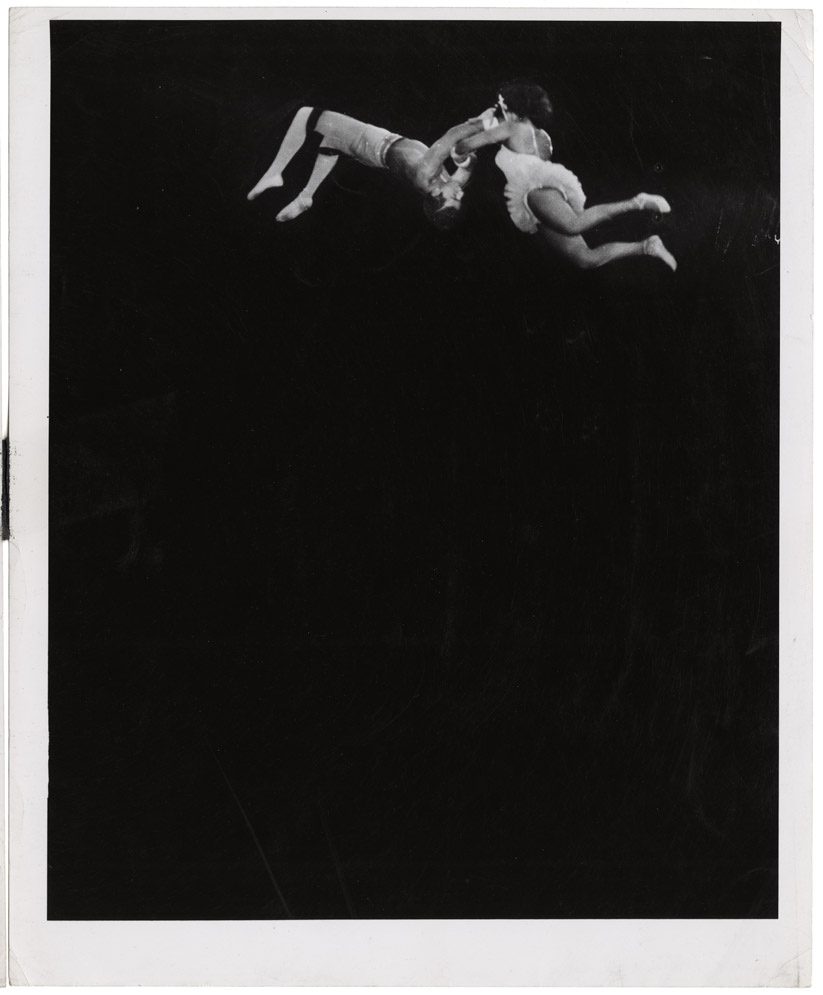
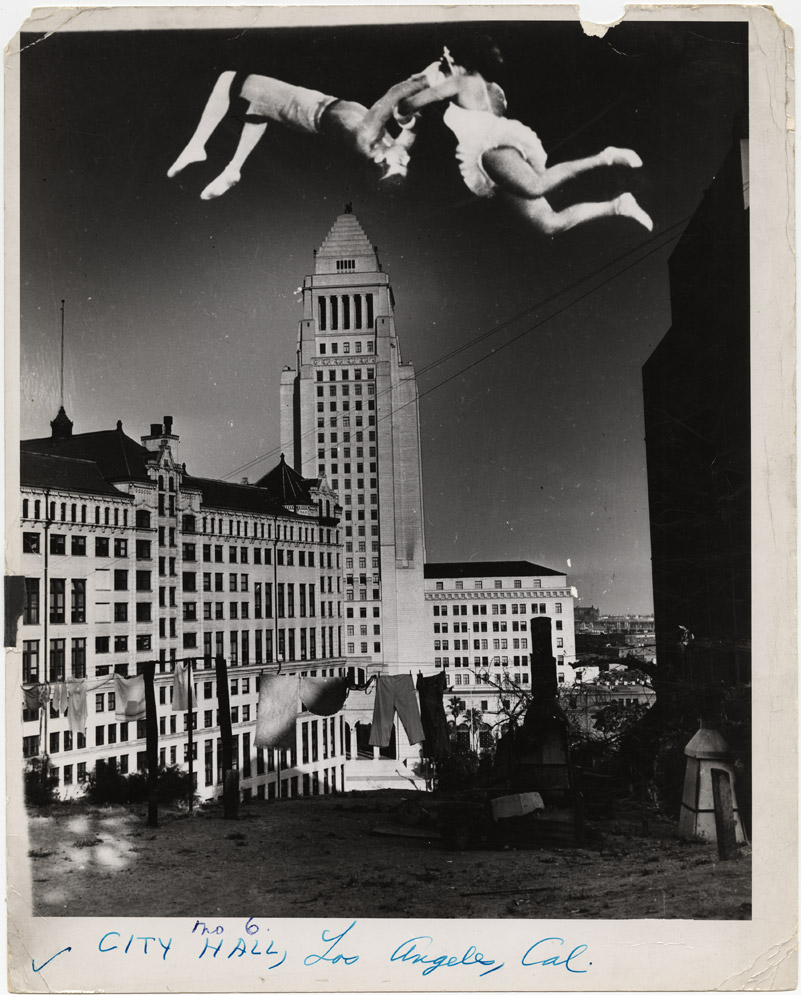
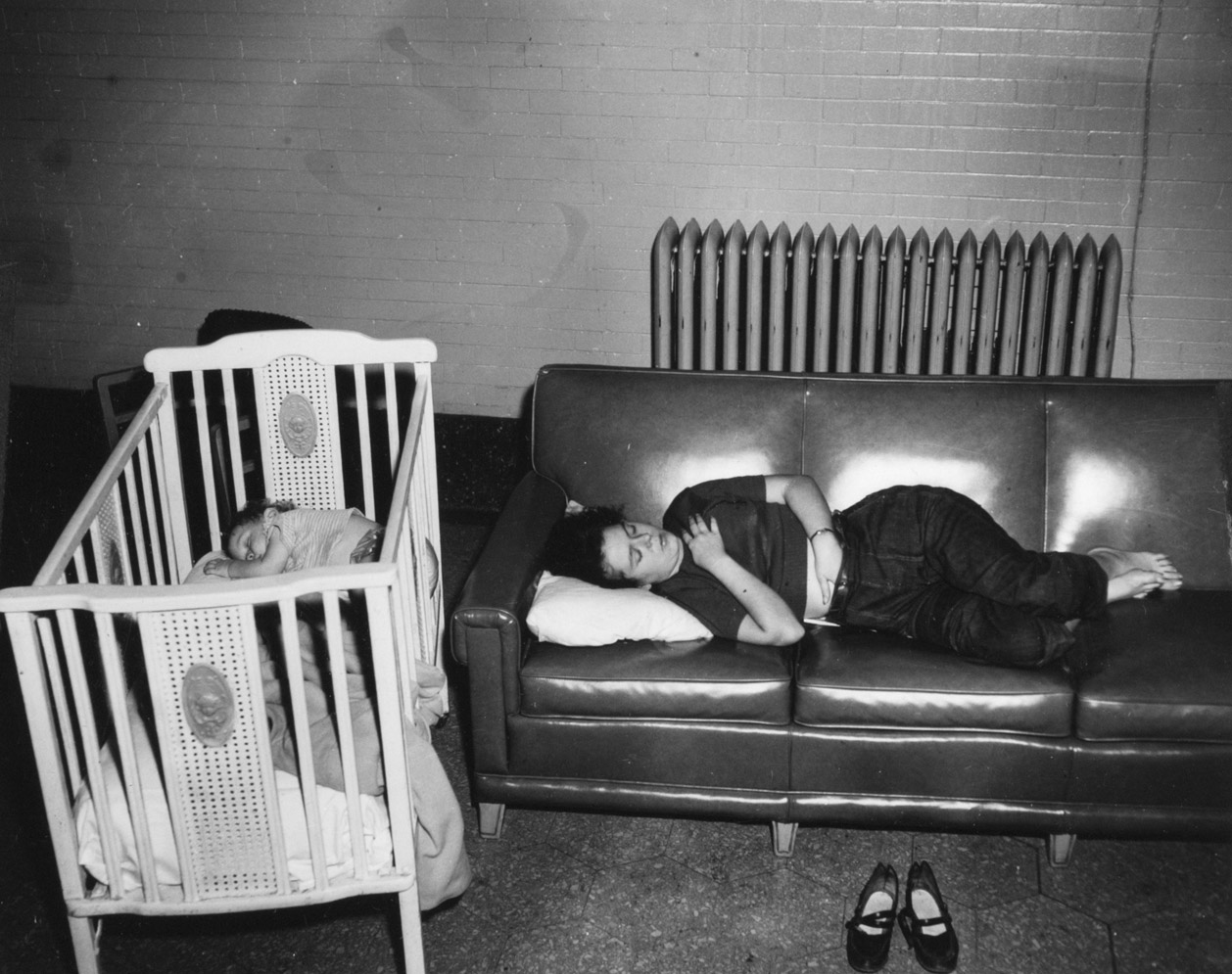
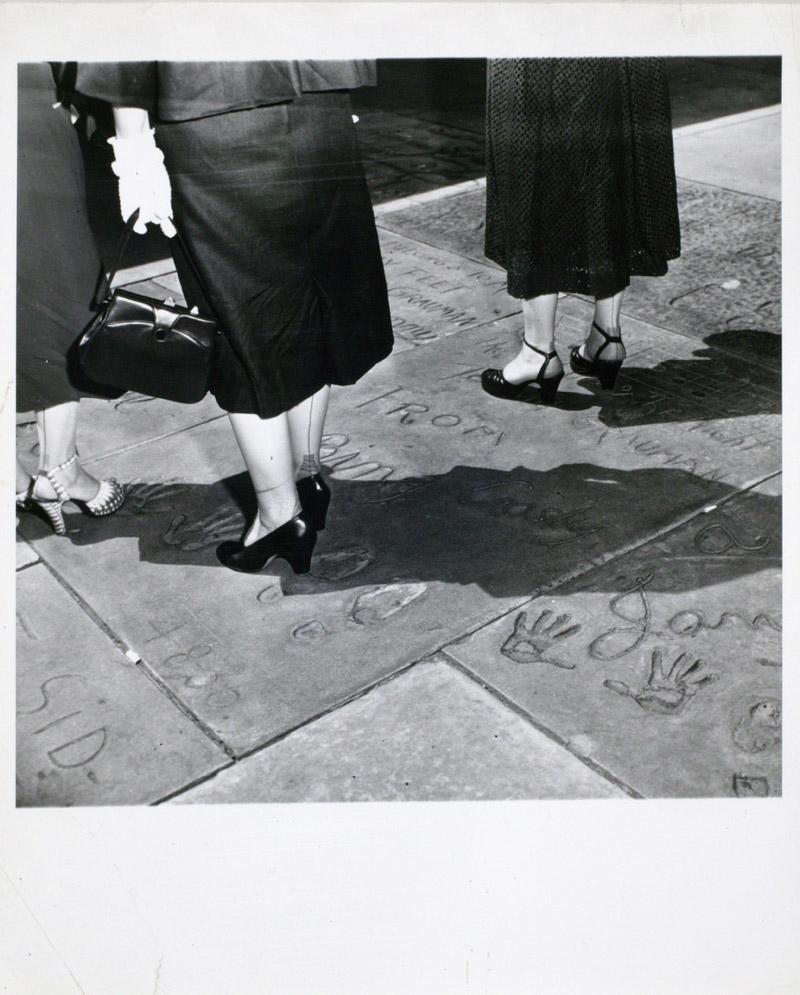
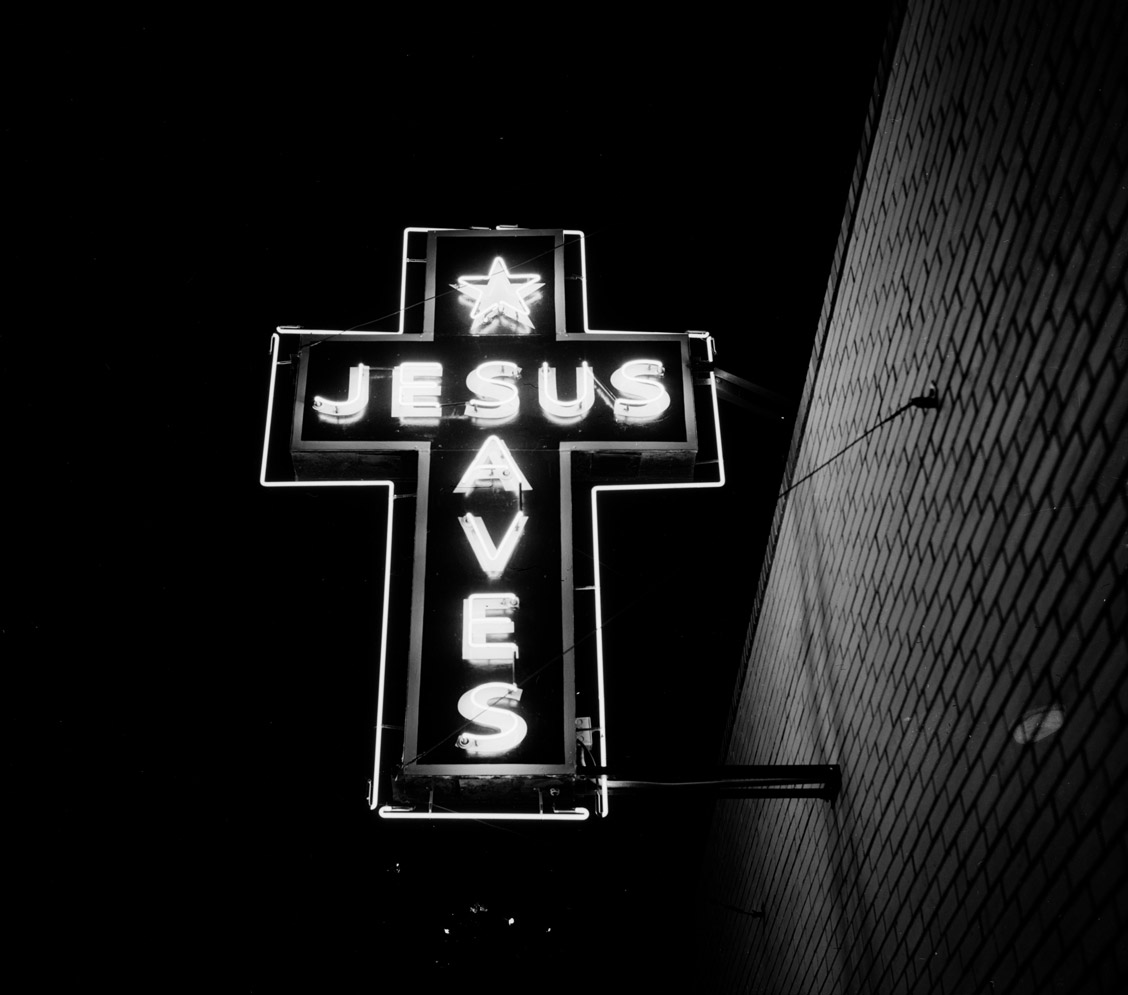
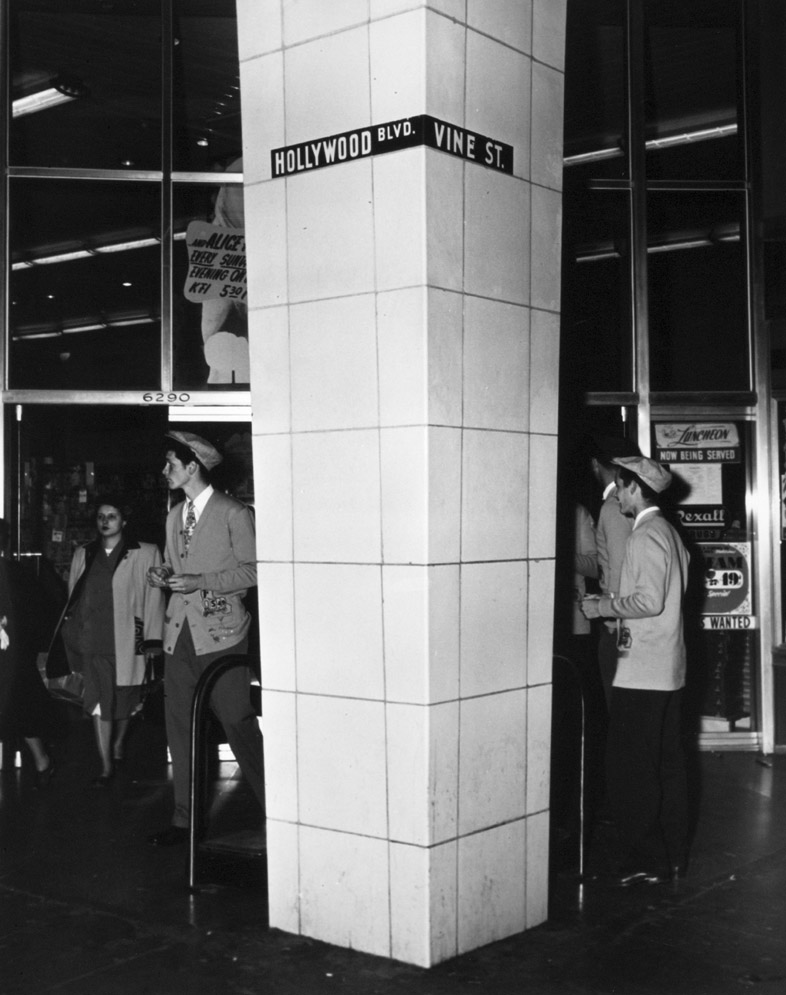
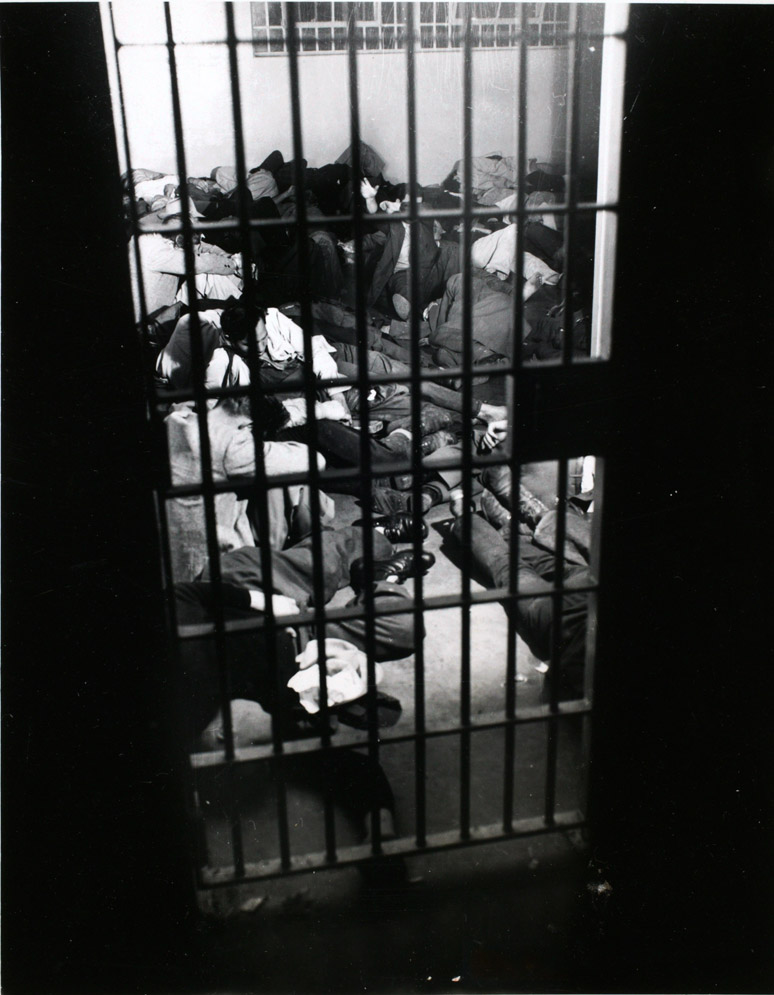
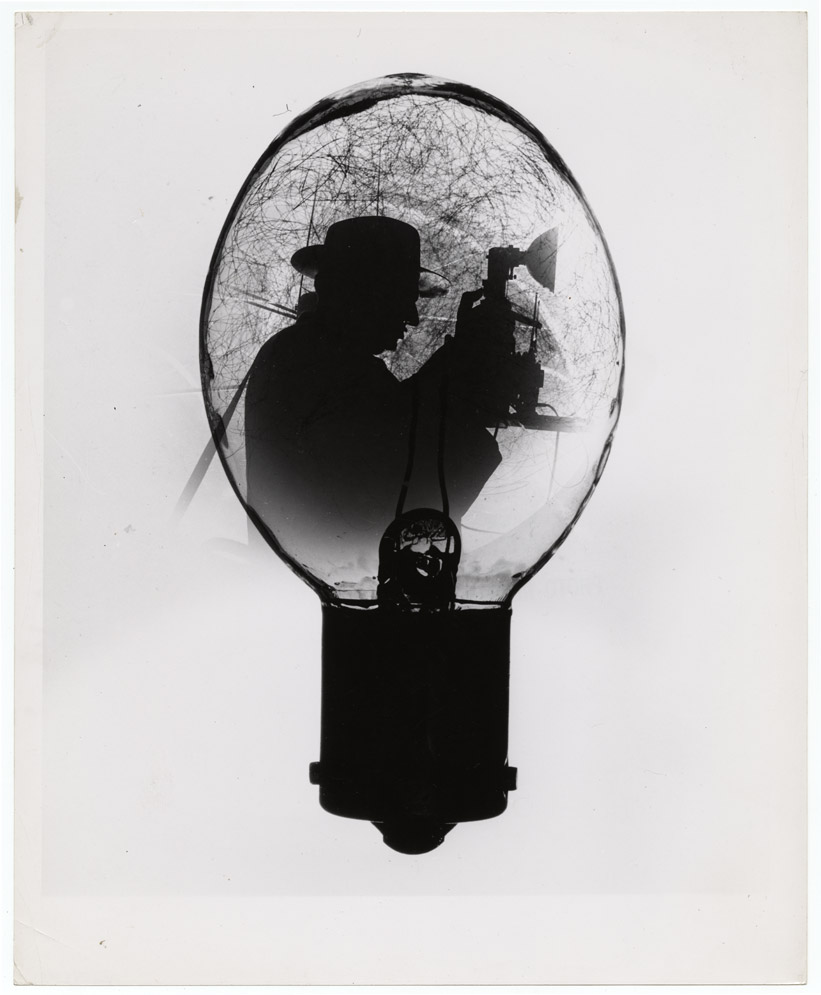
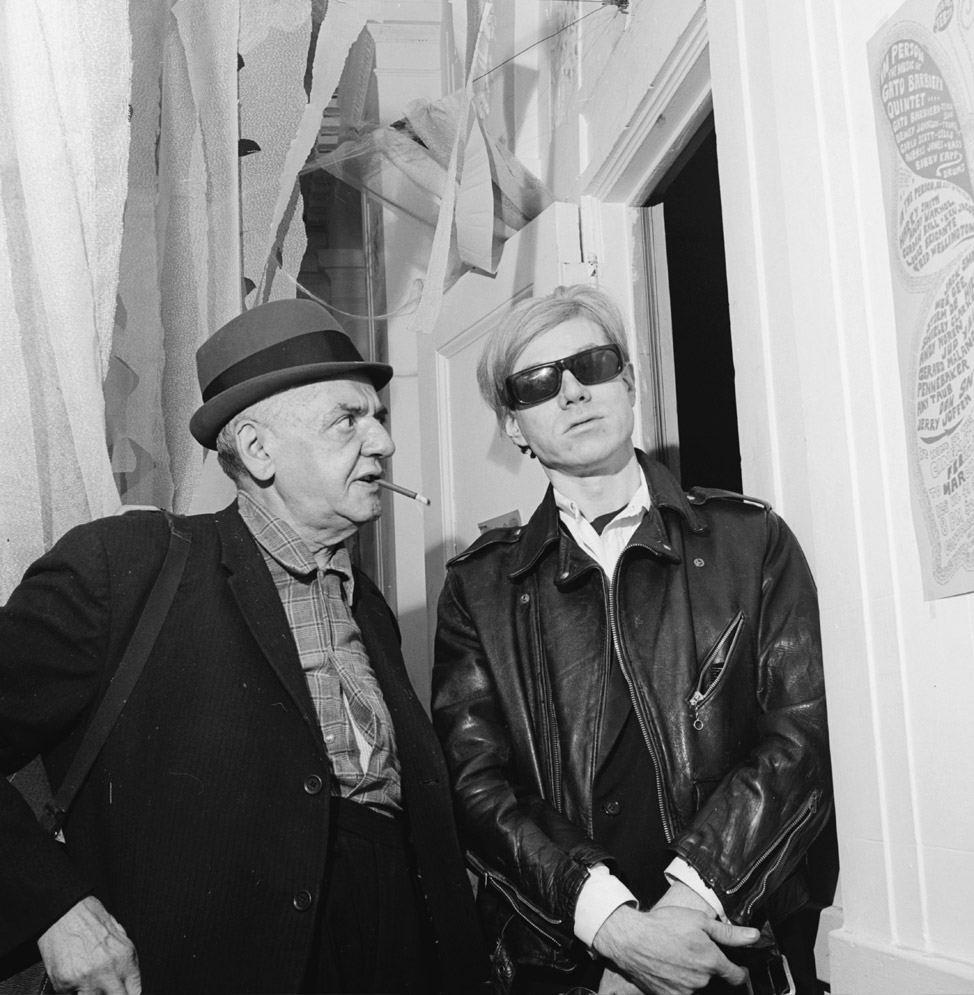
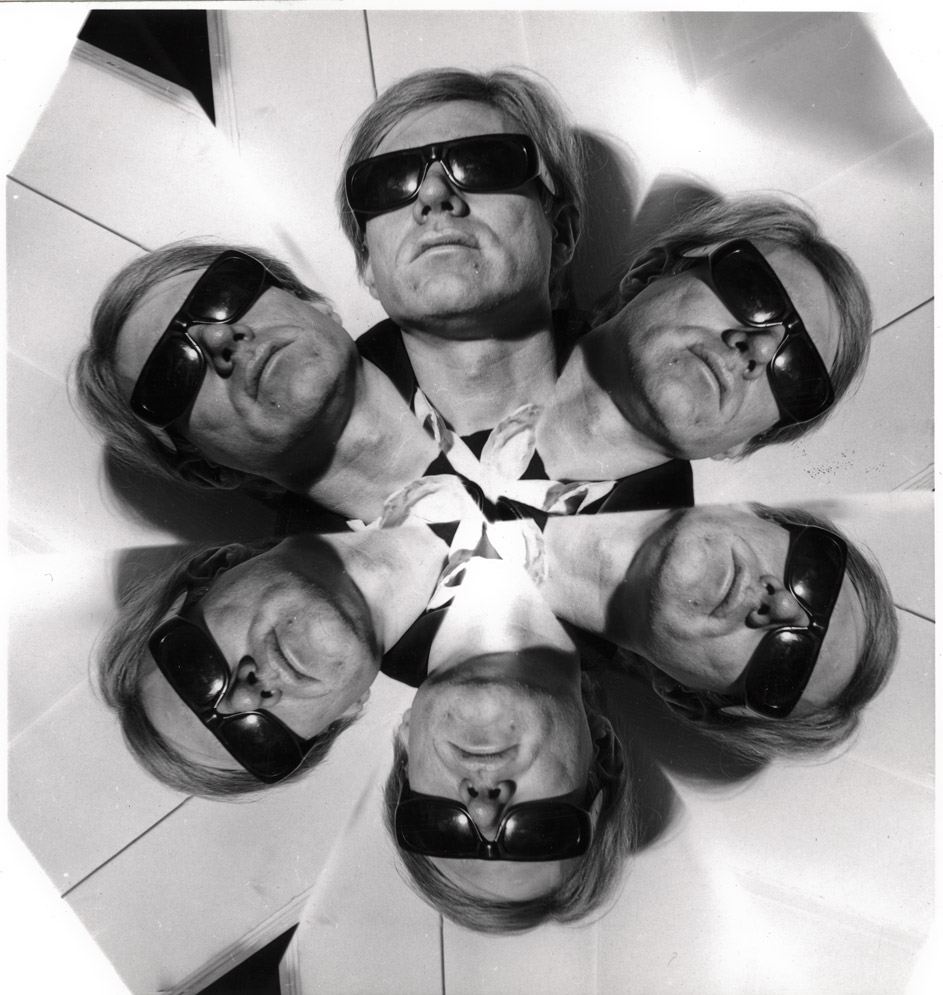
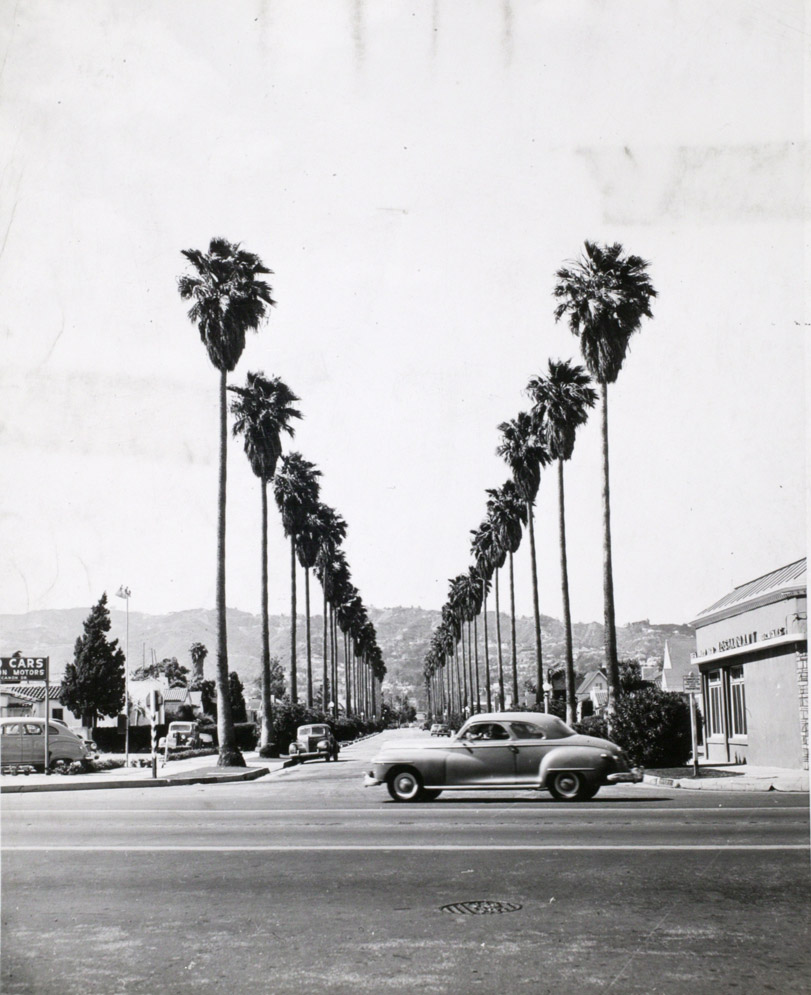
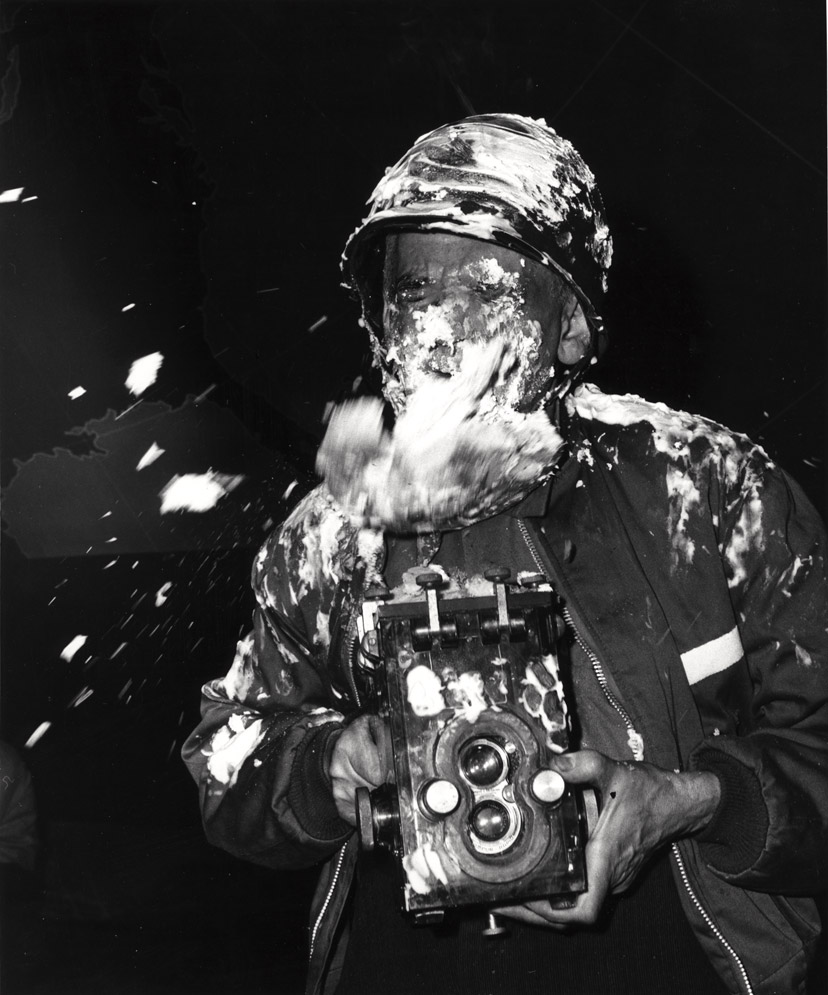
More Must-Reads From TIME
- The 100 Most Influential People of 2024
- How Far Trump Would Go
- Why Maternity Care Is Underpaid
- Scenes From Pro-Palestinian Encampments Across U.S. Universities
- Saving Seconds Is Better Than Hours
- Why Your Breakfast Should Start with a Vegetable
- Welcome to the Golden Age of Ryan Gosling
- Want Weekly Recs on What to Watch, Read, and More? Sign Up for Worth Your Time
Contact us at letters@time.com